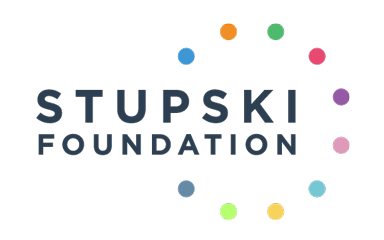January 17, 2024
Stupski’s new limited series with CEO Glen Galaich calls on us to break fake rules for the greater good.

Some rules are meant to be broken—especially the fake ones! Stupski Foundation is excited to announce a new limited series, “Break Fake Rules,” with our CEO Glen Galaich, as he questions philanthropy’s self-imposed rules and interviews rule breakers to spotlight ways we can better serve communities and create lasting change. Each month you will hear Glen in conversation with leaders in philanthropy, nonprofits, government, media, and more to learn which challenges they’ve overcome by breaking fake rules and which rules we should commit to breaking together. Watch a preview of the series, now available on YouTube and wherever you get your podcasts.
So what exactly is a fake rule, and why should we break it? Fake rules are often presented as “the way to do things.” These rules can hold us back from transformational change and create real harm to communities and causes we care about.
At Stupski, we’ve seen how some of our standard practices have created more harm than good. We’ve also seen how change becomes possible when we commit to doing things differently. We’re challenging how we do things to be more accountable to the communities we call home. From our own experience, we know that philanthropy can do real harm by maintaining the status quo instead of unlocking more resources and shifting power in ways that can advance meaningful changes in ways communities seek. It’s time to break that pattern and learn from others charting a new way forward.
“Never be afraid to make some noise and get in good trouble, necessary trouble.”
Former United States Representative and American civil rights leader, John Lewis
Tune into the first two episodes now!
Episode 1: “Philanthropy Needs Trust, Not Control” with Pia Infante
Breaking rules, one episode at a time. Explore the Break Fake Rules podcast and discover a community of rule-breakers, challenging norms and sparking new ideas to better serve communities and contribute to lasting change.
In our debut episode, Trust-Based Philanthropy Project’s Senior Fellow Pia Infante makes the case for why philanthropy goes further when we lead with trust over control. Pia shares a number of fake rules she calls on us to break, starting with the role donors play in directing philanthropic dollars.
Learn more about Trust-Based Philanthropy and the more equitable and strategic tools it provides to make philanthropy more impactful and accountable to communities.
“I think we just need to size or reimagine the role that donors play. So it’s really about decentering donor preferences and maybe sometimes donor feelings to be in deeper accountability to the communities that we serve.”
Pia Infante
Episode 2: “Why Institutional Philanthropy Shouldn’t Exist” with Jennifer Nguyen
Listen. Learn. Break the rules. Explore the Break Fake Rules podcast.
In our second episode, Stupski’s Director of Postsecondary Success Jennifer Nguyen shares her perspectives as an education practitioner turned funder. In the episode, Jen speaks candidly about the limits of big philanthropy to address social problems, offers a different path for people interested in large-scale systems change, and calls philanthropy to go beyond the 5% fake rule.
“There’s all this wealth that’s locked up, that has been taken from the community that needs to be distributed back to the community.”
Jennifer Thuy Vi Nguyen
What’s Next
Stay tuned for when new episodes drop monthly by following “Break Fake Rules” on your favorite podcast platform and subscribing to Stupski Foundation’s YouTube channel to watch each episode.
Which fake rules are you questioning, and how can we break them together? Share your thoughts with us on YouTube, subscribe to Glen’s Substack for more insights, and join the conversation with Glen on LinkedIn. Let’s make this an era of radical reimagination of philanthropy, our social systems, and the societal norms by which we live by breaking one fake rule at a time.

Latest Perspectives News
Read the latest news about our grant-making, our partners, and how we are spending down.

